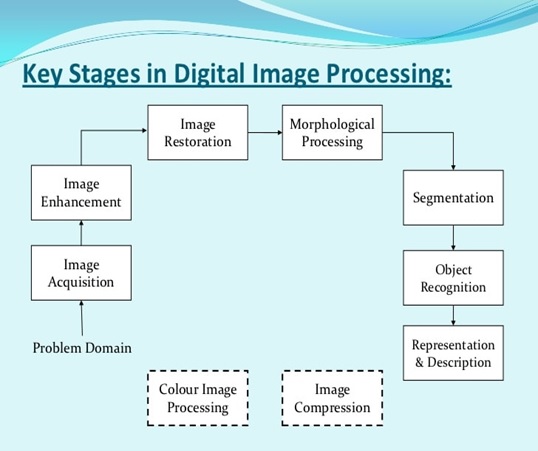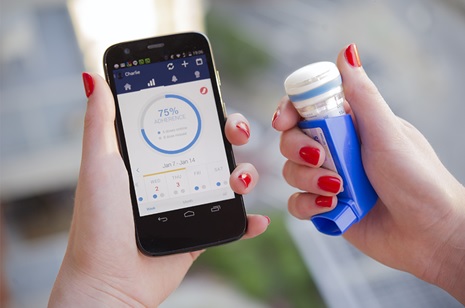Telemedicine
Telemedicine allows health care professionals to evaluate, diagnose and treat patients at a distance using telecommunications technology. The approach has been through a striking evolution in the last decade and it is becoming an increasingly important part of the American healthcare infrastructure. Using telemedicine as an alternative to in-person visits has a host of benefits for patients and providers alike. Telemedicine is conducted in a number of ways. The most basic is just a simple video call (like you normally do with family and friends), however most countries required secured HIPAA compliant video conference tool, so telemedicine company such as VSee also provides this kind of secure and simple to use solution for providers. [1] There are also some telemedicine is conducted with portable telemedicine kits that include a computer and mobile medical devices, such as ECGs or vital signs monitors. High resolution digital cameras are also available for physicians to send detailed medical images to specialists. The figure 1 shows the telemedicine.
There are 3 common types of telemedicine, which include but not limited to [2]:
- Interactive Medicine – which allows patients and physicians to communicate in real-time while maintaining HIPAA compliance
- Store and Forward – which permits providers to share patient information with a practitioner in another location.
- Remote Patient Monitoring – which allows remote caregivers to monitor patients that reside at home by using mobile medical devices to collect data (e.g. blood sugar or blood pressure)

Figure 1: Telemedicine
Patients enjoy:
- Less time away from work
- No travel expenses or time
- Less interference with child or elder care responsibilities
- Privacy
- No exposure to other potentially contagious patients
Patients enjoy:
- Increased revenue
- Improved office efficiency
- An answer to the competitive threat of retail health clinics and on-line only providers
- Better patient follow through and improved health outcomes
- Fewer missed appointments and cancellations
- Private payer reimbursement
If your doctor offers the option, all you need to use telemedicine is reliable internet and a phone, smartphone, or computer. [3] Telemedicine is a convenient tool for everyone, but it’s especially helpful if you:
- Live in a rural area or far from your doctor’s office
- Have limited movement, time, or transportation
- Need medical care while you’re away from home
One of the biggest is it gives you access to specialists and information that you might not readily have access to otherwise. During a telemedicine consultation, you usually have a chance to tell the doctor about your medical history and ask questions. In turn, the specialist can ask you questions directly. [4] This telemedicine setup is better than trying to relay information to your doctor or nurse, and then having them relay the message. The specialist can hear the sound of your cough or see your swollen eyes. You can hear firsthand about your diagnosis and treatment options. Telemedicine is considered a regular healthcare service. In most cases, it should be billable to your health care insurance without issue.
You may not have access to telemedicine services. For the provider, it can be expensive to set up and maintain. Though a great and worthy service, telemedicine may be too costly for smaller healthcare facilities. Telemedicine can open up many treatment doors, but it is not the same as a brick-and-mortar doctor office. If you prefer a more personal or face-to-face relationship, telemedicine might not be the option for you. You often do not get a chance to bond with your telemedicine doctor, and you may never get a chance to personally meet them. You may not even get a chance to videoconference with the specialist.
Certain types of illnesses and problems require a face-to-face physical assessment and cannot be diagnosed through telemedicine.Though no service is perfect, telemedicine is a positive and growing medical treatment option.
References:
- https://chironhealth.com/telemedicine/what-is-telemedicine/
- https://www.webmd.com/lung/how-does-telemedicine-work#1
- https://vsee.com/what-is-telemedicine/
- https://www.healthline.com/health/telemedicine-benefits-and-advantages#Advantages-of-Telemedicine
Cite this article:
Vinotha D (2021), Telemedicine, Anatechmaz, pp. 14















